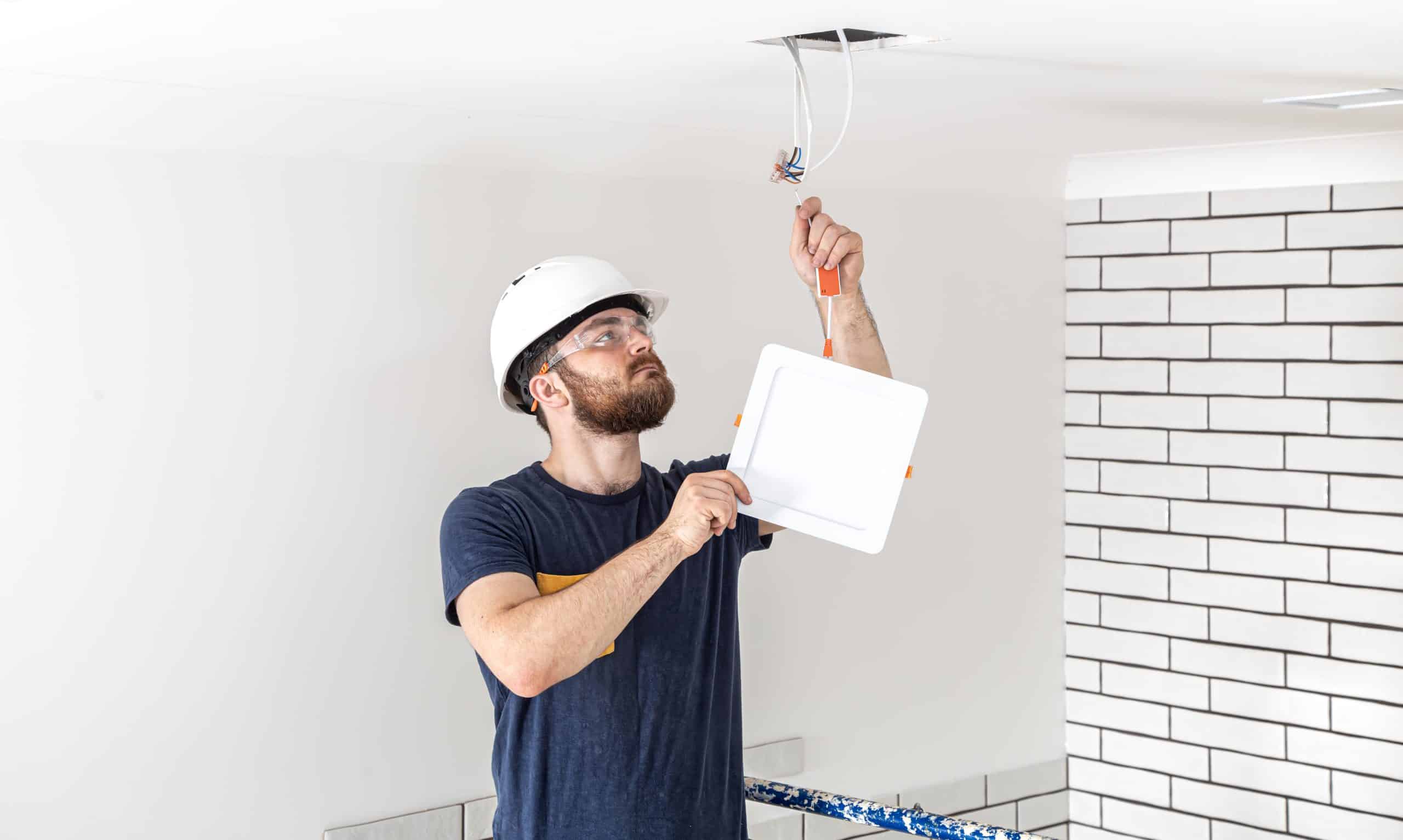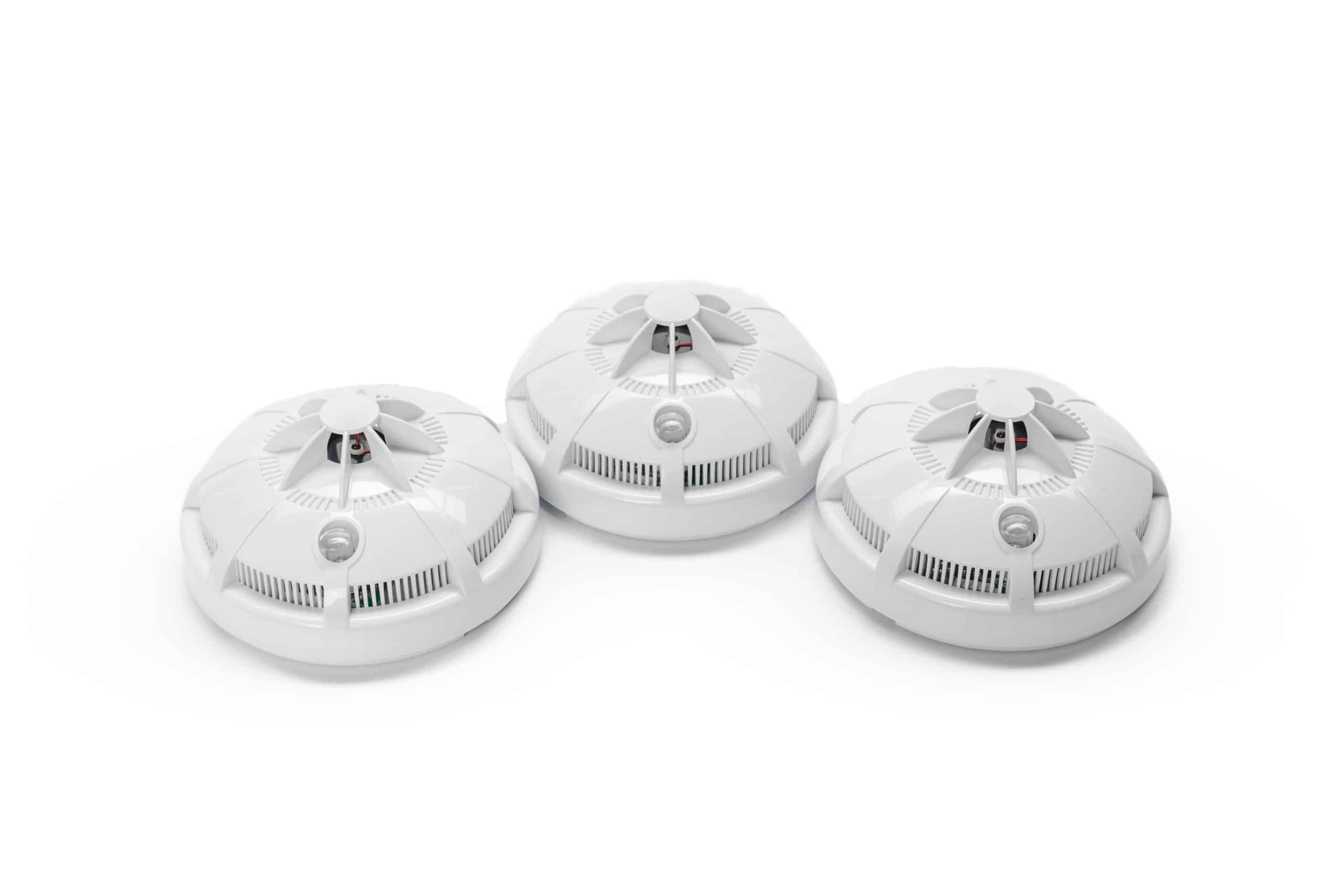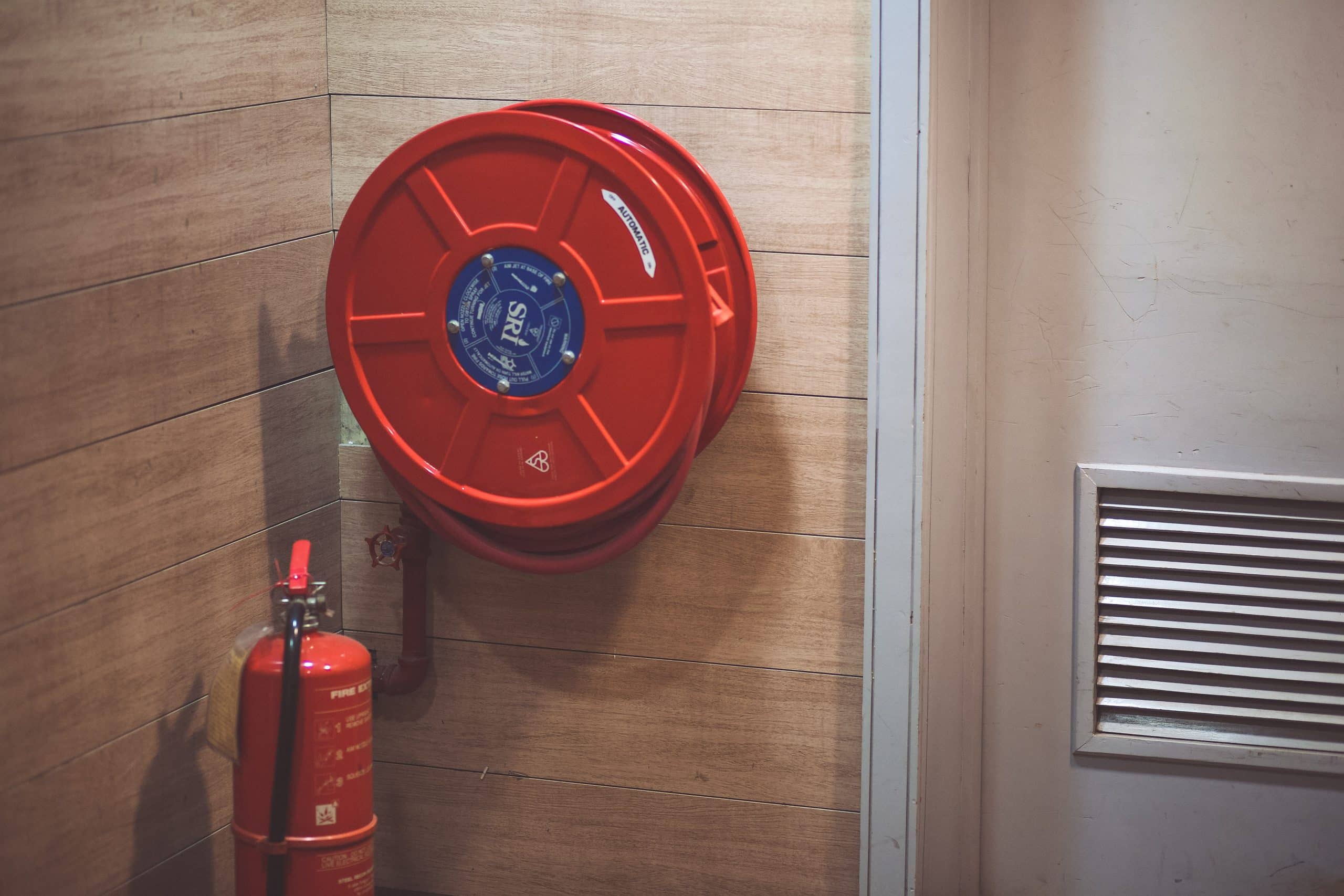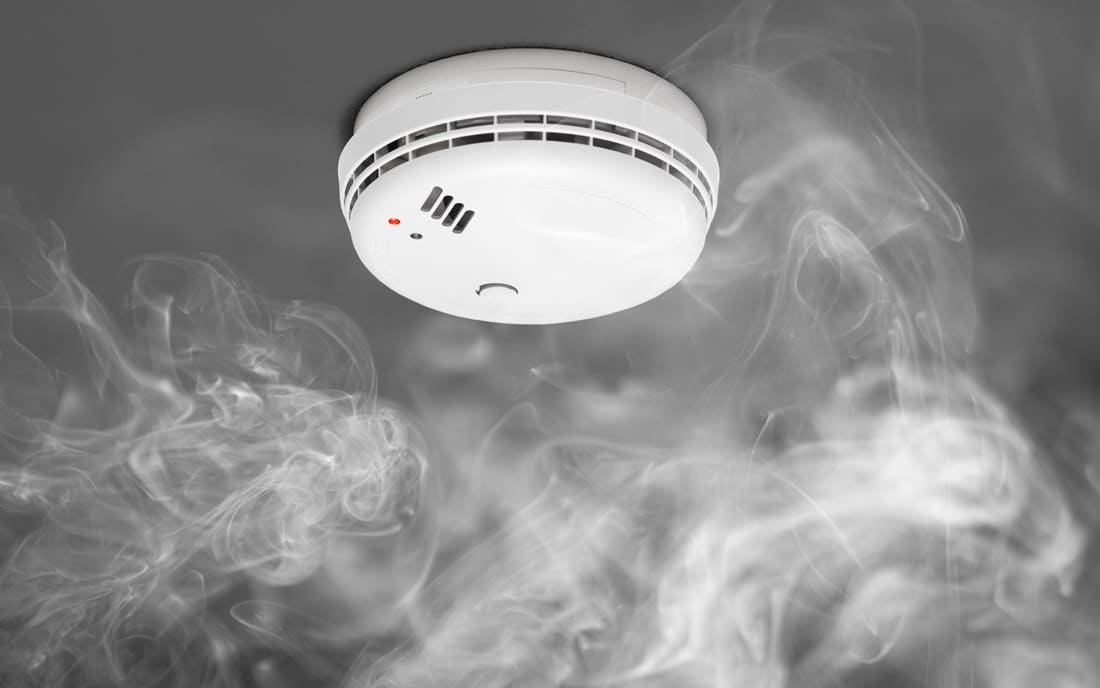Introduction
Smoke and Carbon Monoxide alarms are compulsory in all homes from 1st October 2022.
This legislation will affect all landlords, tenants, and anyone who owns their own home and is responsible for fire safety. It is important that you take action now to comply with the new rules, which will come into force in just over a year’s time.

Smoke and Carbon Monoxide alarms are compulsory in all homes from 1st October 2022
It is compulsory to have a smoke alarm in your home from 1st October 2022. This applies to all private homes, including flats and houses. If you don’t have one, you could be fined up to £5,000 or even sent to prison for up to six months.
You may also be responsible for any damage caused by the fire that wasn’t prevented by an alarm (for example, if it damages other people’s property).
Legislation
Smoke and carbon monoxide alarms are compulsory in all homes from 1st October 2022. The legislation is the Smoke and Carbon Monoxide Alarms (England) Regulations 2022.
These regulations apply to England only, not Wales or Scotland.
Why are they becoming compulsory?
The purpose of these changes is to save lives by reducing deaths from fire and carbon monoxide poisoning in buildings that contain one or more flats, maisonettes, bedsits, and other similar premises, such as student accommodation.
Installation
It is illegal to install your smoke alarm yourself.
This work must be carried out by a professional who will ensure that it is installed in accordance with the manufacturer’s instructions and any relevant regulations.
The person who carries out the installation must be competent, as set out in regulation 6 of the Home Safety Regulations Act 1975.
Battery operated alarms

Battery-powered alarms are not compulsory and have a maximum sound level of 85 decibels.
They must be installed in rooms where there is a risk of fire or carbon monoxide poisoning, including the following:
- Bedrooms, except for rooms that are used as living accommodations, if there is an additional fixed alarm on the ceiling outside each sleeping area.
- Rooms containing woodburning stoves or open fires; and
- Rooms containing unvented space heaters.
Tenancy agreements
As a tenant, it is your legal responsibility to ensure that the smoke alarm in your home is always in working order. This includes keeping the alarm clean and free from dust and informing the landlord or agent if it stops working.
It’s also important for you to check that the battery in your smoke and heat alarms is functioning every 6 months – this can be done by pressing test buttons on either side of an ionisation-type device or by pressing test buttons on both sides of other types of alarms and smoke detectors.
Non-compliance
- If you fail to comply, your landlord/agent is liable for a fine of up to $1,000.
- If you are unable to comply due to financial hardship or any other reason, contact the Tenancy Tribunal for an exemption from the rule that requires smoke alarms in every rental property.
- If your alarm sounds an alert but doesn’t indicate what it means (for example, if it just keeps beeping or buzzing), take immediate action! Make sure no one is in danger and then call emergency services – if there’s still no response after three minutes, call back again because they may not have been able to receive your original call due to network issues or other issues.
Conclusion
The legislation will be in place from 1st October 2022. Landlords must ensure that their properties are compliant with the new regulations. Tenants must make sure that their smoke alarms are working at all times and that they have been installed by a certified contractor to provide a high level of protection.

It is important to remember that battery-operated alarms can only detect smoke and Carbon Monoxide, so combined units should be used if your kitchen area has open fires or gas appliances that would not be detected by these types of detectors alone.

